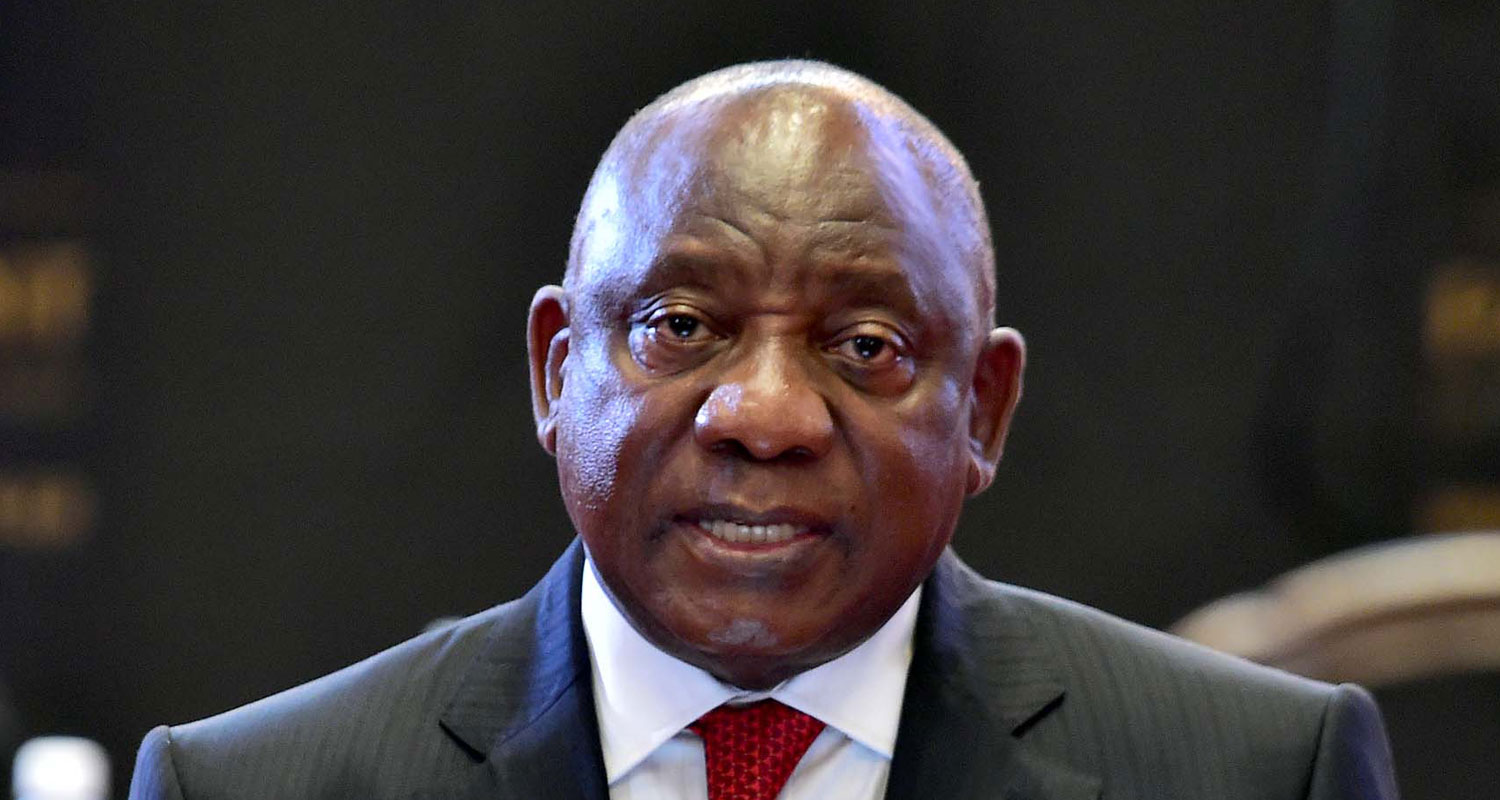
A week ago, the Sowetan newspaper carried a front page headlined, “Unplugged”, listing many small businesses around the country that have been crippled by the electricity crisis. The closure of these businesses shows some of the devastating impact of persistent load shedding on people’s livelihoods and on their dreams for a better life.
There are many other reports about the effects of load shedding on people’s lives, about the disruption at hospitals, schools, courts and other government services. We hear about the factories that lose precious hours of production, farmers that are unable to keep their produce fresh, and investments that are being held back.
As load shedding continues to wreak havoc on businesses, households and communities, the last thing South Africans want to hear are excuses or unrealistic promises. The demands for an immediate end to power cuts are wholly understandable. Everyone is fed up.
However, we are in the grip of an energy crisis that has been many years in the making.
Though it may be easy to blame our present woes on dysfunction at Eskom, a combination of factors has contributed to the crisis. It is important to recall the reasons for the current situation so that our response tackles the causes of our crisis, not just the symptoms.
Lack of investment in new generating capacity, poor power plant maintenance, corruption and criminality, sabotage of infrastructure, rising municipal debt, and a lack of suitable skills at Eskom have all created a perfect storm. There can be no sustainable solution without addressing all these factors in combination.
We should not make the mistakes of the past. For many years, critical maintenance was deferred, and our power stations were run too hard to keep the lights on. As a country we are now paying the price for these miscalculations.
We must be realistic about our challenges and about what it is going to take to fix them. While we all desperately want to, we cannot end load shedding overnight.
Meetings
Over the last few days, I have held consultative meetings with representatives of labour, business, traditional leaders, religious leaders and the community constituency. I have also met with premiers, metro mayors and leaders of political parties.
In each of those meetings, I stressed the importance of staying the course, instead of coming up with unsustainable short-term solutions.
Six months ago, I announced a national energy action plan to improve the performance of Eskom’s power stations and add new generation capacity as quickly as possible. This plan was the result of extensive consultation and was endorsed by energy experts as the most realistic path towards ending load shedding.
As we know only too well from the experience of the last few weeks, many of the measures in the plan will not be felt in the immediate term.
That is why we are using every means at our disposal, calling on every resource we have, to get power onto the grid as a matter of extreme urgency.

Eskom’s fleet of coal-fired power stations supplies the bulk of our energy needs. That is why there is a singular focus in Eskom on improving plant performance. A team of independent experts is conducting a diagnosis of the problems at poorly performing power stations and taking action to improve plant performance. Six power stations have been identified for particular focus over the coming months to recover additional capacity.
Eskom is also working to connect Kusile unit 5 to the grid by September this year. Every urgent effort is being made to restore other units at Medupi, Kusile and Koeberg with significant capacity.
Eskom has imported 300MW of capacity from neighbouring countries. There are negotiations under way to secure an additional 1GW. Eskom is also working to buy surplus power from companies with available generation capacity for a period of three years.
Government has signed agreements for 25 projects from bid windows 5 and 6 of the renewable energy programme, and these projects will soon be proceeding to construction. Collectively they represent 2.8GW of new capacity.
To increase the overall supply of electricity, in addition to what Eskom provides, we have taken steps to enable substantial investment by private power producers in new generation capacity. The licensing requirement for embedded generation projects has been removed. Since we first raised the licensing threshold to 100MW, the pipeline of private sector projects has grown to more than 100 projects with over 9GW of capacity.
Read: Ramaphosa urges Eskom to delay big electricity price increase
We have cut red tape and streamlined regulatory processes, reducing the timeframes for environmental authorisations, registration of new projects and grid connection approvals.
Another major source of new generating capacity are solar panels on the roofs of houses and businesses. Work will soon be completed on a pricing structure that will allow customers to sell surplus electricity from rooftop solar panels into the grid.
Read: Continuous load shedding for the next two years: Eskom
We can all play our part by paying for the electricity that we use. The huge debt owed to Eskom by municipalities badly affects Eskom’s ability to fund critical maintenance.
All the stakeholders I have met over the last week, without exception, appreciate the seriousness, the depth and the complexity of the challenges we face. They have all expressed their commitment to take whatever measures that are required to restore our electricity supply and get on with the task of improving the lives of the South African people.
Read: South Africans are building private alternatives to Eskom
While we cannot end load shedding immediately, what is certain is that if we work together with urgency to implement the energy action plan, load shedding will steadily become less and less severe. Through collective action, we will much sooner reach the point where we have enough power to end load shedding altogether.
- The author, Cyril Ramaphosa, is president of South Africa

